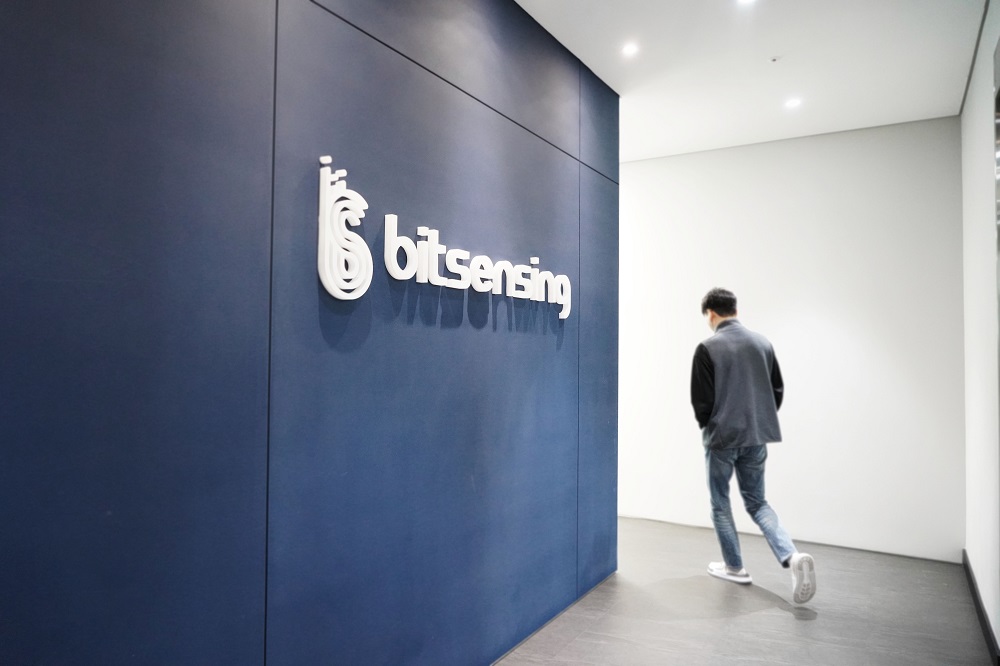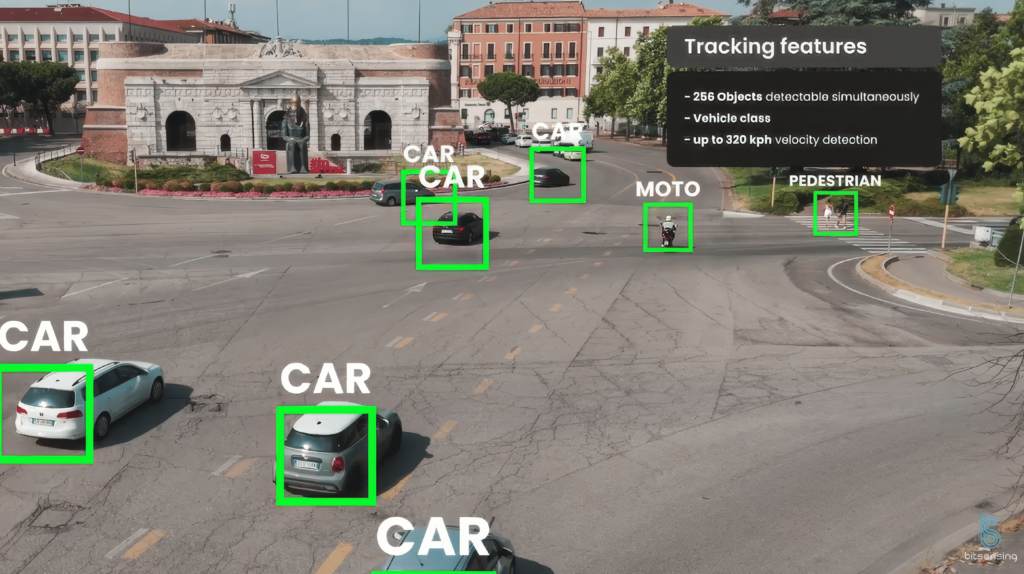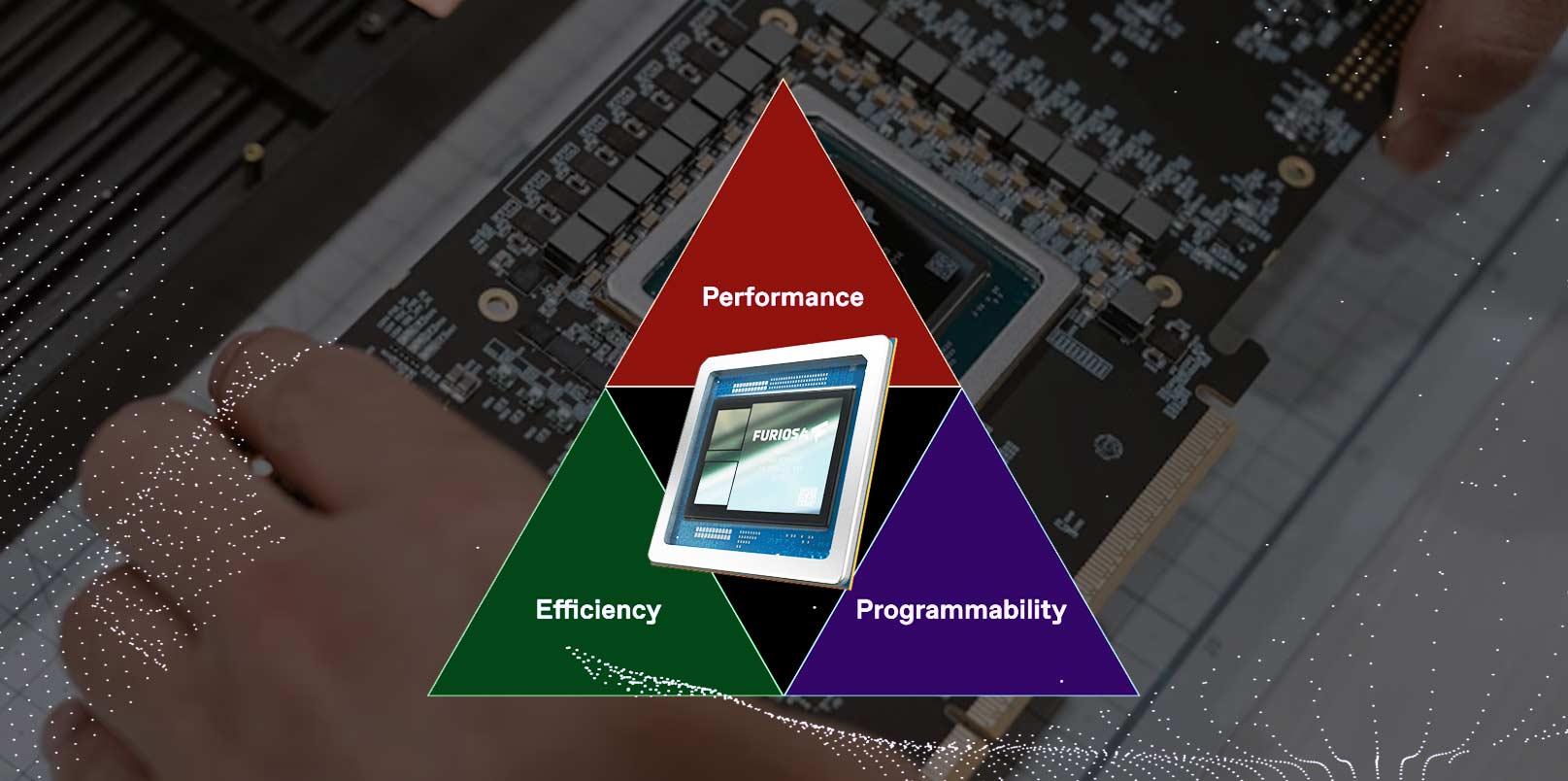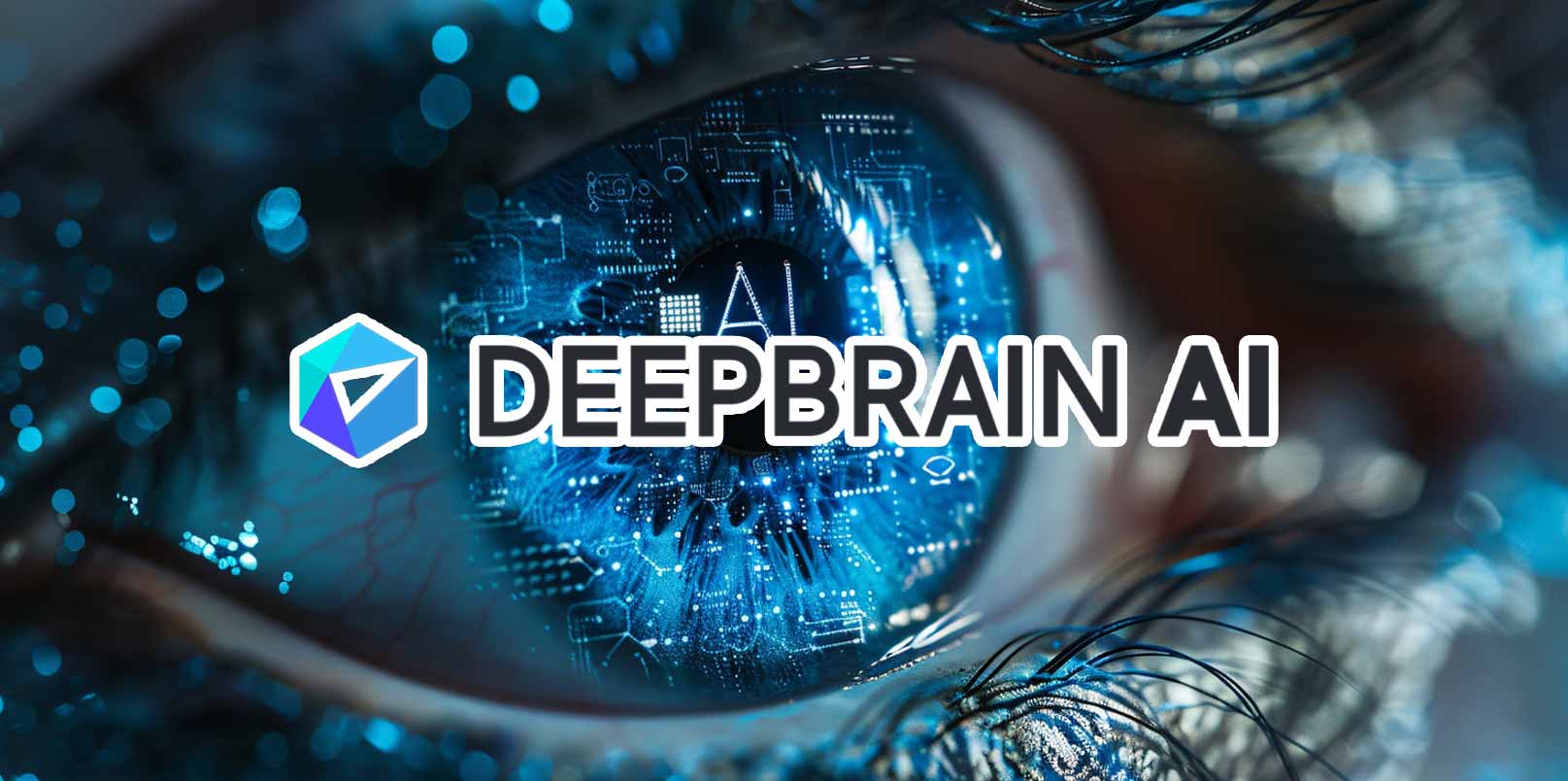Radar technology has long played a crucial role in automotive safety, smart cities, and healthcare, but South Korea-based bitsensing is taking it to the next level with 4D high-resolution imaging radar. Founded by Dr. Jae-Eun Lee in 2015, bitsensing was born out of a tragic incident—a massive road accident at Incheon Yeongjong Bridge caused by heavy fog and low visibility. Determined to prevent such disasters in the future, Dr. Lee set out to build radar solutions that could enhance situational awareness across multiple industries.
What sets bitsensing apart is its multi-sector approach, with radar solutions spanning autonomous vehicles, traffic monitoring for smart cities, and digital health applications. Its automotive radar offers a 300-meter range, providing vehicles with a better understanding of their surroundings. Meanwhile, its traffic monitoring technology covers 12 lanes and can detect safety issues like jaywalking. The company has also expanded into sleep and digital health monitoring, offering non-intrusive solutions for tracking sleep patterns.

Having recently raised $25 million in Series B funding, bitsensing is scaling its technology globally. One of its latest milestones is the Verona Project, where it deployed advanced traffic sensors in Italy’s historic Porta Nuova, as part of South Korea’s K-City Network Project to develop smart cities worldwide.
In this exclusive interview, Dr. Jae-Eun Lee shares insights on bitsensing’s journey, challenges, and future vision, as well as how radar technology is shaping the future of mobility, smart infrastructure, and healthcare.
What inspired you to start bitsensing, and how has your vision evolved over the years?
Before founding bitsensing, I worked as a senior research engineer at Mando Corporation, where I led the development of South Korea’s first mid-range 77GHz ADAS radar. This radar system reached over 10 million units in mass production and was a key contributor to vehicle safety. But it was a tragic multi-vehicle accident in 2015 at the Incheon Yeongjong Bridge—caused by heavy fog and poor visibility—that truly reshaped my perspective. It showed me that radar could save lives, not just assist with driving. That moment was the catalyst for bitsensing. I realized that radar technology had to move beyond automotive into broader fields where visibility and situational awareness are critical.
Over the years, our vision has grown. What started as a focus on automotive safety has expanded into traffic monitoring, digital healthcare, and smart infrastructure. Our goal is to build a world where radar is everywhere—silently working in the background to make life safer, healthier, and more connected.
What makes bitsensing’s radar technology unique compared to competitors?
One of our core differentiators is that our team has real-world experience across the full radar development cycle, including successful mass production. This is extremely rare in the industry and incredibly valuable, especially for automotive applications where safety standards are stringent and systems must perform flawlessly in diverse, often unpredictable environments. We understand what it takes to move from prototype to mass production, meeting all the complex regulatory, durability, and performance requirements along the way.
Technologically, we develop both proprietary radar hardware and software, creating tightly integrated systems optimized for accuracy, reliability, and real-time responsiveness. Our solutions are not one-size-fits-all—they are tailored for high performance in specific sectors, whether that’s tracking vehicles at high speeds, monitoring human vitals without contact, or managing intersection traffic. We also work closely with strategic chipset partners to stay at the forefront of radar innovation and scalability.
How is your technology transforming the automotive, traffic monitoring, and digital health sectors?
In the automotive sector, our 4D imaging radar is helping vehicles perceive their surroundings in far more detail, particularly in poor weather or low-light conditions where traditional sensors struggle. By providing a denser point cloud and improved vertical resolution, we support key ADAS features and help pave the way for autonomous driving.
In traffic monitoring, our TIMOS solution integrates radar, camera, and edge computing to capture and analyze complex traffic scenarios in real time. This allows municipalities to proactively manage congestion, detect violations, and improve pedestrian and driver safety. Our deployment across various cities in Korea and now Europe is a testament to its impact.
In digital health, we’re enabling contactless monitoring that doesn’t rely on wearables. Our radar technology can track respiration, movement, and sleep patterns in a continuous, non-invasive way. This has huge potential not just for sleep care but also for elderly care and remote patient monitoring—making healthcare smarter and more accessible.
What were the biggest challenges you faced in scaling bitsensing, and how did you overcome them?
Scaling a deep-tech company like bitsensing meant navigating both technical and business complexities. Early on, we were very ambitious in our approach, trying to develop radar solutions across a wide range of industries. While this broad vision helped us explore the full potential of radar technology, it also made it difficult to allocate resources efficiently and define clear go-to-market strategies. Over time, we made the strategic decision to focus on three core sectors—automotive, smart infrastructure, and digital healthcare—where we could deliver the highest impact while staying true to our vision of radar everywhere.
Another challenge has emerged more recently. Delays in the commercialization of autonomous driving have led some to question the viability and scalability of the sensor market. However, we see this as a short-term disruption. The transition to Software-Defined Vehicles (SDVs) is accelerating, and it brings with it a growing demand to integrate high-performance sensors from the early stages of vehicle development. Imaging radar and advanced radar technologies are now being recognized as critical enablers of this new era.
bitsensing is well-positioned to respond to this shift. Our roadmap is aligned with this transformation, and we are actively developing radar solutions that can disrupt the market—not only for the automotive industry, but also for smart cities and healthcare. This clarity in focus and direction is what has helped us overcome early challenges and remain agile in a rapidly changing landscape.
How do you balance innovation with commercialization in a competitive AI-driven industry?
We approach innovation as a means to solve very specific, real-world problems. Our R&D teams are deeply integrated with business and product teams, ensuring that what we’re building is both cutting-edge and commercially viable. Having team members with mass production experience also helps us think through every detail of product lifecycle and scalability from the start.
We also integrate AI deeply into the architecture of our radar systems—not just as an added layer, but as a fundamental part of their design. This allows us to make our solutions more compact, intelligent, and efficient. AI enhances object detection, classification, and predictive capabilities, but it also helps reduce system complexity while maintaining or even boosting performance. As a result, we can deliver high-performance radar systems in smaller form factors that meet the space and power constraints of vehicles and healthcare devices.

What impact do you see your technology making in smart cities and autonomous mobility over the next five years?
Radar will be at the core of how cities and vehicles interact with their environment. For smart cities, our radar solutions can give urban planners real-time, privacy-respecting data to manage traffic flows, reduce emissions, and improve road safety. We’re already seeing this in cities using TIMOS to monitor intersections, predict congestion, and adapt traffic signals accordingly.
For autonomous mobility, radar is indispensable. As vehicles become more intelligent, they will need sensors that can perform in rain, snow, or darkness—conditions where cameras and LiDAR can fall short. Our imaging radar bridges that gap, providing reliable perception to help autonomous systems make the right decisions at the right time. In the next five years, we anticipate radar becoming a standard sensor in both smart city infrastructure and autonomous vehicles.
How does bitsensing ensure data privacy and security in radar-based monitoring solutions?
Radar naturally provides a high degree of privacy by not capturing personally identifiable images. This makes it especially suitable for public spaces and healthcare environments. Beyond that, we build our solutions with a security-first architecture: encrypted data transmission, secure firmware updates, and localized edge processing that minimizes unnecessary data sharing.
We are committed to compliance with international data protection regulations, and we continuously test our systems for vulnerabilities. As our solutions grow in adoption, we’re also building out frameworks to ensure transparency and ethical usage of radar-collected data.
What are your key strategies for global expansion, especially in markets like Europe and North America?
Our strategy combines strong local partnerships with global scalability. In Europe, we collaborate with OEMs, Tier 1 suppliers, and municipal authorities to deploy solutions that address real-world urban and automotive challenges. A recent example is our work in Verona, Italy, where TIMOS is being deployed to manage urban traffic more efficiently. These kinds of on-the-ground deployments are key for us—they not only prove our technology but also act as a bridge to broader regional adoption.
As for North America, while we don’t yet have an active presence, we are preparing to officially enter the market by participating in the upcoming ITS World Congress in Atlanta. This will be a major stepping stone for us to connect with local stakeholders, showcase our technology, and explore new partnerships that align with regional needs. We’re also investing in regulatory readiness and support to streamline our entry and scale effectively in that market.
How is AI integrated into your radar solutions, and what advancements are you most excited about?
AI powers the intelligence layer of our radar solutions. From object detection to classification to behavioral prediction, AI allows our radars to understand the environment in a much more nuanced way.
In traffic monitoring, AI helps analyze traffic patterns and generate actionable insights, enabling cities to implement smarter traffic flow strategies and improve road safety. In healthcare, we leverage AI to interpret sleep data and classify sleep stages, offering deeper and more accurate insights for sleep care and remote patient monitoring. For automotive, AI improves object classification and is an essential part of sensor fusion—enhancing how radar data works with other sensors to provide a more complete, reliable understanding of the vehicle’s surroundings.
What advice would you give to founders looking to build an AI-driven tech company?
While this advice applies broadly to any founder, not just those in AI-driven tech, there are a few key principles that I believe are essential for building a successful technology company.
Start by focusing on how your technology can deliver real value to customers. Even the most advanced innovation means little without a clear, tangible benefit. Successful tech companies prioritize creating meaningful, customer-focused solutions built on strong technological foundations.
Equally important is the relationship between co-founders. Mutual trust and alignment are essential for navigating the inevitable ups and downs of startup life. Founders must be able to challenge and support each other, sharing a long-term commitment to the vision.
Lastly, the core technologies should reside within the founding team. When the leadership deeply understands and owns the critical tech behind the business, it leads to faster decision-making, better product execution, and a more resilient company overall.
Keep tab on latest news in the Korean startup ecosystem & follow us on LinkedIN, Facebook, and Twitter for more exciting updates and insights.






